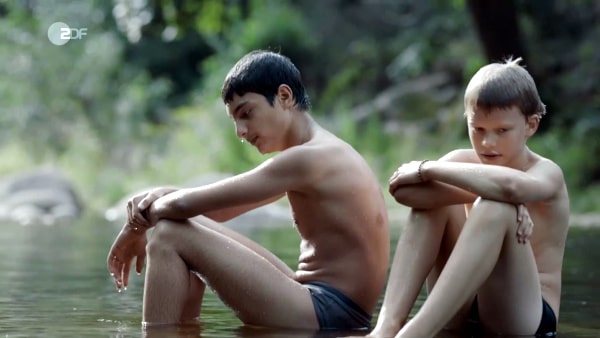We Were Just Playing (2018) is a short psychological drama that explores the fine line between childhood innocence and cruelty. The story centers on a group of young boys whose playful games gradually take on a darker, more disturbing tone. What begins as innocent fun soon becomes an uncomfortable power struggle, revealing the hidden violence in youthful behavior.
The film focuses on peer pressure, manipulation, and the need to belong. One boy, quieter and more hesitant than the others, becomes the target of teasing that slowly escalates. As the group dynamic shifts, the audience is left to question how much of their behavior is really “just playing.”

Visually, the film uses natural lighting and minimal dialogue to create an unsettling atmosphere. The quiet tension and realistic performances from the young actors make each moment feel raw and real. The silence often speaks louder than words, heightening the emotional weight.

We Were Just Playing doesn't rely on traditional plot twists or action. Instead, it builds discomfort through subtle changes in tone and behavior, allowing viewers to reflect on their own experiences with peer dynamics and morality in childhood.

By the end, the film leaves a haunting impression, showing how quickly games can turn into something much more serious. It's a powerful, compact story about boundaries, complicity, and the unspoken rules that shape young friendships.





